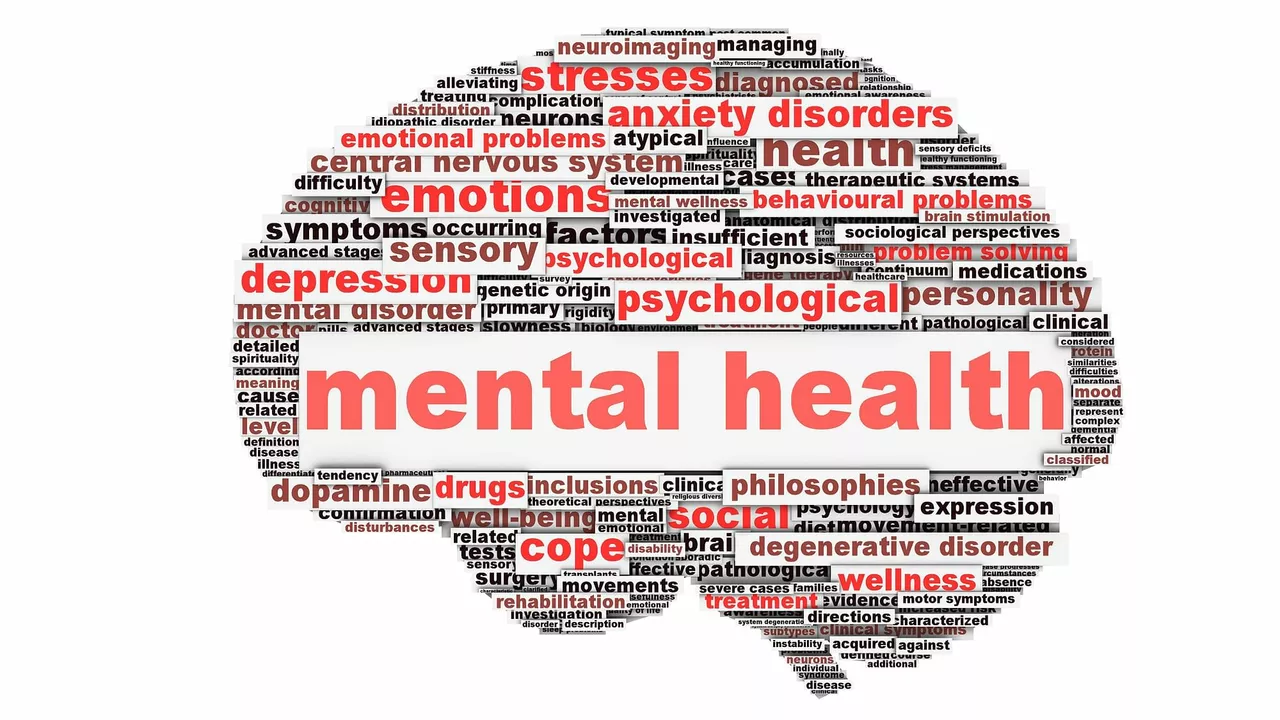Coping strategies for meds, pain and everyday stress
Feeling worn down by symptoms, side effects, or the daily grind of a chronic condition? You don't need a dramatic overhaul. Small, clear moves can cut stress, smooth medication routines, and help you feel more in control.
Start by tracking what matters. Keep a simple journal or use a phone note to log meds, side effects, sleep, pain levels, and mood for two weeks. That record helps you spot patterns (which nights your sleep is worse, which med causes nausea) and gives you useful facts to share with your doctor.
Daily habits that help
Build a low-friction routine. Take meds at the same time each day, tie them to another habit (right after brushing teeth or with breakfast), and use a pillbox or app reminder. For pain and stiffness, short, regular movement beats occasional marathon sessions—try 10 minutes of gentle stretches three times daily.
Sleep matters. Aim for a consistent bedtime and wind down 30 minutes before bed: dim lights, cut screens, and try a breathing exercise (inhale 4 seconds, hold 4, exhale 6). If a med keeps you up or knocks you out, note it—your prescriber can adjust timing or dose.
Quick tools to calm stress and manage symptoms
Use three practical techniques when stress spikes: paced breathing, progressive muscle release (tense then relax each body part), and a quick grounding trick (name five things you see, four you can touch, three you hear). These work in minutes and don’t require special gear.
For pain, mix approaches: medication as prescribed, heat or cold packs, gentle movement, and distraction (a short walk, a podcast, or a hobby). If you have bleeding risks or joint issues, pick low-impact options—water exercise, stationary cycling, or walking—rather than contact sports. Our guide on safe exercise for hemophilia has practical suggestions: https://letsmeds.su/?p=25461.
Mental health coping often needs both behavioral and medical help. If antidepressants or anxiety meds give you troubling side effects, don’t stop suddenly—talk to your clinician about dose changes or alternatives. Read real-world tips on Effexor side effects and handling them here: https://letsmeds.su/?p=28173.
Thinking about quitting substances or changing addiction meds? There are options beyond one drug—see alternatives to Antabuse and how they work: https://letsmeds.su/?p=25076.
One more practical point: protect your safety online. If you buy meds or compare prices, verify the pharmacy. Our checklist explains how to spot safe online pharmacies and avoid scams: https://letsmeds.su/?p=25847.
When should you get help? Call your provider if side effects are severe (breathing trouble, fainting, intense rash), if pain suddenly spikes, or if your daily function drops noticeably. If you’re unsure whether a symptom is serious, quick advice from a nurse line or telehealth service can prevent bigger problems.
Final tip: build a small support team. One friend who checks on you, a pharmacist who knows your meds, and a clinician you trust can make hard days easier. Coping isn’t about being perfect—it's about steady, manageable steps that help you live better with what you face.

